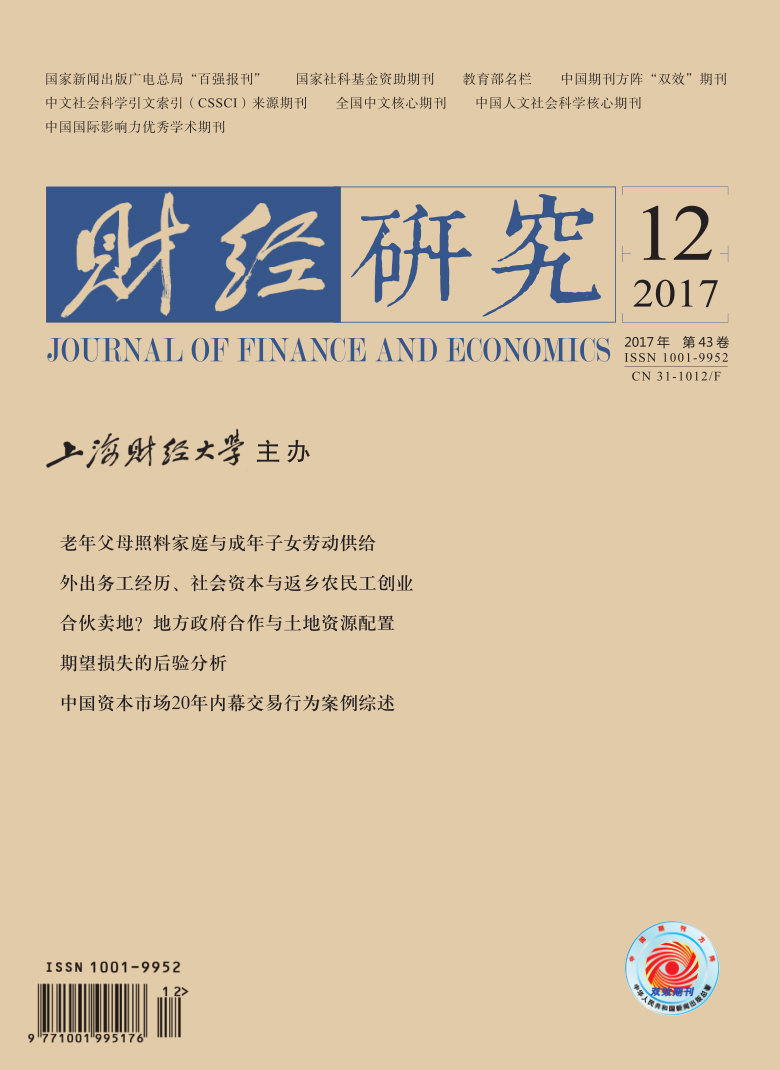China's Securities Regulatory Commission (CSRC) launched the pilot of margin trading business in March 2010, which means the end of the history of "unilateral market" in Chinese stock market, and after that, the business of margin trading develops rapidly. The changes in margin trading mechanism and resulting market impacts attract widespread attention and research.
From the perspective of earnings announcement, instead of margin mechanism changes, this paper analyzes the short-term margin trading and heterogeneous motivations. Specifically speaking, according to Christophe et al. (2004), based on annual reports published by listed companies, we examine whether there is abnormal margin trading before the release of the earnings announcement, and whether such abnormal transaction is informed or speculative trading. In addition, through the indexes based on PEAD and BM, we analyze the impacts of fundamental investment strategy.
The results show that there are abnormal margin purchasing and short selling before earnings announcement. What's more, we further analyze the relationship between abnormal trading before earnings announcement and stock returns once the earnings announce. The results show that there is no significant correlation between abnormal margin purchasing and stock returns after the announcement, indicating that the motivation for margin purchasing belongs to speculative trading. However, abnormal short selling is significantly negatively related to stock returns after the announcement, especially when it comes to the negative news, which indicates that the short selling contains informed trading. The fundamental investment strategy has no impacts as for our findings.
Compared to current literature (e.g., Xu and Chen, 2012; Li et al., 2014; Xiao and Kong, 2014; Li et al., 2015; Chu and Fang, 2016; Tang et al., 2016; Hu and Xia, 2017), our contributions are as follows:first, current literature focuses on the mechanism changes in margin trading and related impacts, and seldom involves investor trading. This paper studies margin trading behavior and related motivations, thereby revealing how the mechanism changes impact the market through investor behavior.
Second, current literature studies the mechanism changes in short selling and market impacts, but because of availability limitation of underlying stocks for short selling, asymmetry phenomena between margin purchasing and short selling are prominent. We think it is unreasonable to just focus on short selling, while it neglects the more important behavior of margin purchasing. In this paper, we study margin purchasing and short selling at the same time, and reveal the different motivations behind them. These findings reveal the heterogeneous motivations behind margin purchasing and short selling in Chinese stock market, and are of policy importance to the standardization and development of the business operation of margin trading.





 7276
7276  4806
4806

